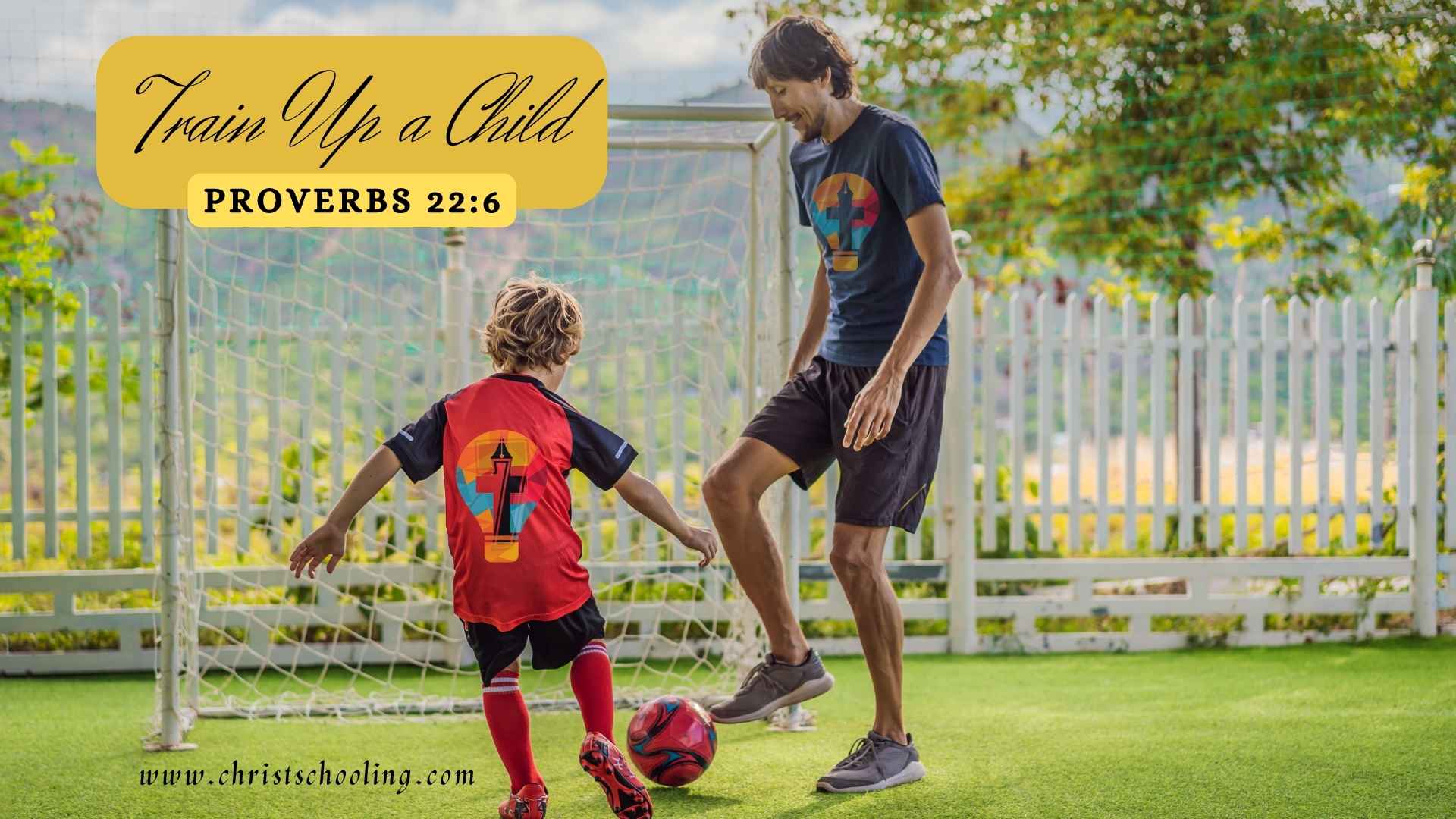Teaching Kids a Biblical Worldview in a Secular Culture
Week 6 – Christian Worldview & Culture
“Do not conform to the pattern of this world, but be transformed by the renewing of your mind.”
— Romans 12:2
In a world where truth often seems to shift with the cultural winds, raising children who know, love, and live by God’s Word has never been more urgent—or more powerful. As Christian homeschooling parents, you’re not just educating your children’s minds—you’re discipling their hearts and shaping their worldview.
But what does it mean to teach your child a biblical worldview? And how can we equip them to stand firm in faith while surrounded by secular influences?
Let’s walk through this together.
🌍 What Is a Biblical Worldview?
A biblical worldview means viewing all of life through the lens of Scripture—believing that God’s Word is true, sufficient, and relevant for every area of life. It means seeing God as the Creator and Sustainer of the world, understanding sin and salvation, and living with eternal perspective.
A child with a biblical worldview will ask:
- “What does the Bible say about this?”
- “How does this honor God?”
- “How should I respond to this truth in my life?”
As Romans 12:2 exhorts us:
“Do not conform to the pattern of this world, but be transformed by the renewing of your mind.”
That transformation begins with truth.
🛡️ The Cultural Storm Our Children Face
Today’s children face a culture that is constantly messaging them with “truths” that aren’t truth at all. From cartoons to social media, schools to streaming platforms—ideas about gender, identity, morality, success, and self are being pushed at them daily.
Here are just a few cultural lies children are hearing:
- “Truth is whatever feels right to you.”
- “Follow your heart.”
- “You are your own authority.”
- “There are no absolutes.”
God’s Word warns us in Isaiah 5:20,
“Woe to those who call evil good and good evil…”
And again in Colossians 2:8,
“See to it that no one takes you captive through hollow and deceptive philosophy, which depends on human tradition and the elemental spiritual forces of this world rather than on Christ.”
The battle is real—but so is our God.
📖 God’s Design for Parents as Worldview Shapers
As a homeschooling parent, you are your child’s most influential teacher. That’s by God’s design!
“These words that I command you today shall be on your heart. You shall teach them diligently to your children…”
— Deuteronomy 6:6–7
A biblical worldview is caught as much as it is taught. Your daily choices, responses, conversations, and corrections all help shape how your child sees the world.
Make your home a place where the Word is not only studied—but lived.
“Fathers, do not provoke your children to anger, but bring them up in the discipline and instruction of the Lord.”
— Ephesians 6:4
🧠 Teaching Truth with Grace: Real-Life Conversations
Your child is constantly absorbing messages from the world. That’s why intentional conversation is crucial.
Here are some practical ways to disciple through worldview moments:
- Use media as a teaching moment. After a movie, ask: “What was that character’s view of right and wrong? Did it line up with what the Bible says?”
- Talk about current events. Even young kids can start thinking biblically about headlines, trends, or cultural moments.
- Ask worldview questions. “What does the Bible say about that?” “Is that what God wants for His people?”
- Keep a safe space for questions. Your child needs to know it’s okay to ask hard things. Create a home where truth is spoken in love.
“Always be prepared to give an answer…with gentleness and respect.”
— 1 Peter 3:15
🕯️ Biblical Role Models Who Stood Firm
The Bible is full of real people who lived in godless cultures—yet remained faithful:
✨ Daniel
Taken into Babylon, trained in pagan systems, and even renamed—yet he resolved not to defile himself (Daniel 1:8).
He didn’t blend in. He stood out—with courage, wisdom, and trust in God.
✨ Esther
In a royal palace surrounded by compromise, she bravely used her position to stand for God’s people—“for such a time as this” (Esther 4:14).
✨ Paul
He engaged with philosophers and cultures that worshipped many gods, yet boldly proclaimed Christ (Acts 17:22–31).
Your child is called to stand strong like them—with conviction and compassion.
🧩 Building Blocks of a Biblical Worldview Curriculum
Consider integrating these core themes into your homeschool rhythm:
- God is Creator – All life has purpose and design. (Genesis 1:1)
- Truth exists – God’s Word is the standard. (John 17:17)
- Sin is real – We need a Savior. (Romans 3:23)
- Jesus redeems – Our hope is in the Gospel. (John 14:6)
- Identity is in Christ – Not in culture. (2 Corinthians 5:17)
- Eternity matters – Live for what lasts. (Colossians 3:2)
These truths can be woven into every subject—Bible, history, science, even math—because God’s truth touches everything.
🌱 A Final Word of Encouragement
Teaching your children a biblical worldview isn’t about having all the answers—it’s about walking with them in truth, day by day, and pointing them to Jesus.
You’re not alone.
God has given you His Spirit, His Word, and His presence.
“Let us not grow weary in doing good, for in due season we will reap, if we do not give up.”
— Galatians 6:9
“I have no greater joy than to hear that my children are walking in the truth.”
— 3 John 1:4
📂 Coming Soon on Christ Schooling:
Faith-Based Worldview Printables:
- “What Is Truth?” Discussion Cards
- Worldview Comparison Chart (Biblical vs. Secular)
- Identity in Christ Posters
- Media Discernment Worksheets
- Bible Verse Copywork Pages
💡 Available free after the 90-day blog series at www.christschooling.com!

